A flour, which is generally termed as ‘atta’ in Hindi language, is an important part of Indian cuisine. Though, when we say atta, it also usually means whole wheat flour or gehun ka atta, this post majorly focuses on the different flours that are commonly used in Indian cooking. This list focuses on the some of the most popular and some uncommon Indian Flour Names in English, Hindi and other regional languages like Tamil, Telugu, Kannada, Malayalam, Gujarati and Marathi.
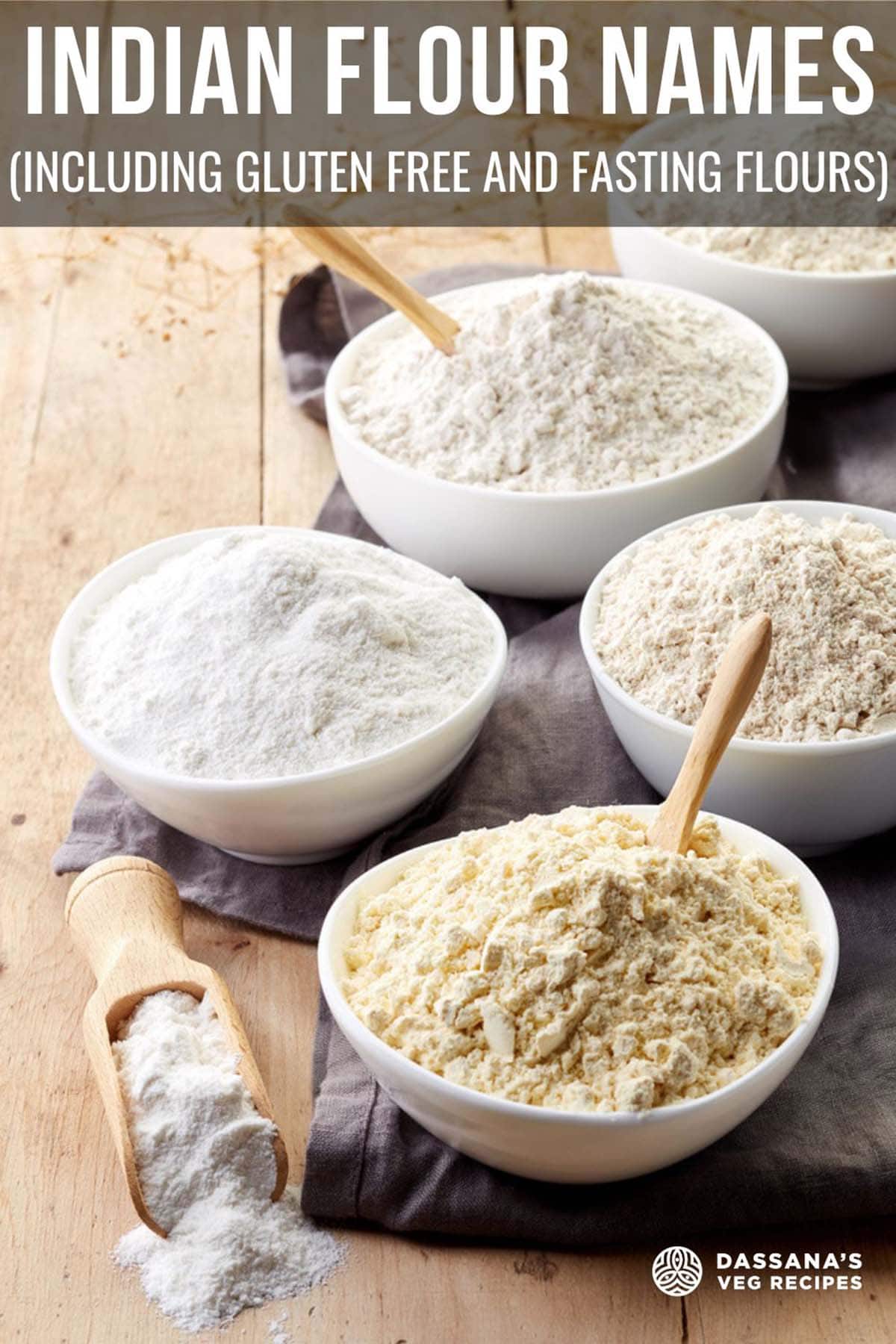
The below list contains both the names of flours made from cereals (grains) and seeds (pseudo grains like amaranth, buckwheat, millets etc). Also are listed flours from beans and lentils. I have also mentioned if these flours are gluten free or not.
While I have done the English, Hindi, Marathi and Gujarati translations on my own, for the other languages, the reference is taken from the book, Modern Cookery by Thangam Philip.
List of Indian Flours
| Flour | English | Hindi | Marathi | Tamil | Telugu | Kannada | Malayalam | Gujarati | Gluten-free |
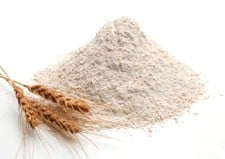 | Whole wheat flour | Atta | Kaneek | Godumai Maavu | Godhuma Pindi | Godi hittu | Gothambu Mavu | Ato | X |
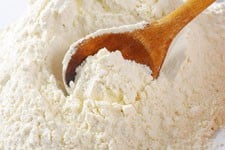 | All purpose flour, Refined flour | Maida | Maida | Maida maavu | Maida pindi | Maida hittu | Maida mavu | Maida | X |
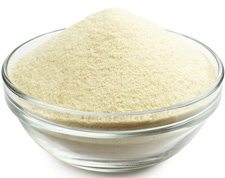 | Cream of wheat, Semolina | Sooji, suji | Rava | Ravai | Rava | Rava | Rava | Rava | X |
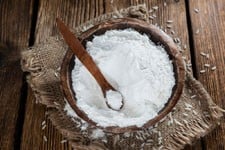 | Rice flour | Chawal Ka atta | Tandlache Peeth | Arisi maavu | Biyyappu Pindi | Akki hittu | Aripodi | Chokha No lot | X |
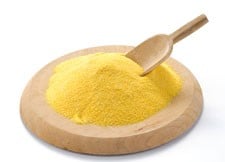 | Maize flour | Makai ka atta | Makyache Peeth | Makka cholam maavu | Mokkajonna Pindi | Mekke jola hittu | Cholam mavu | Makai no lot | X |
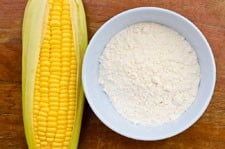 | Corn starch | Corn flour | – | – | – | – | – | – | X |
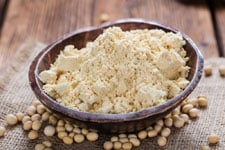 | Soybean flour, Soya flour | Bhatma ka atta | – | – | – | – | – | – | √ |
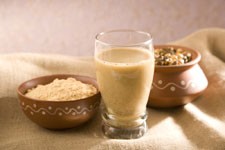 | Roasted bengal gram flour | Sattu ka atta | – | Pottukadalai maavu | – | – | – | – | √ |
| Gram flour, chickpea Flour | Besan | Daliche peeth | Kadalamaavu | Senaga pindu | Kadale hittu | Kadala mavu | Chana no lot | √ | |
| Finger millet flour | Mandua Ka atta | Nachni che peeth | Kizhvaragu maav | Ragulu pindi | Ragi hittu | Moothari mavu, panjapullu Mavu | Ragi no lot | √ | |
| Sorghum Flour | Jowar ka atta | Jwari che peeth | Cholam maavu | Jonnalu pindi | Jolada hittu | Cholam mavu | Juwar no lot | √ | |
| Pearl millet flour | Bajra ka Atta | Bajri che peeth | Kambu maavu | Sajjalu pindi | Sajje hittu | Kamboo mavu | Bajri no lot |
Recipes made with these Flours
While the usual use of flours in India is majorly in making our everyday flatbreads like roti, phulka, poori and parathas at home, there are many other dishes where these flours are used.
Here, I have compiled some of the personal favorite and popular choices at my home as well as some that are unique, yet form a significant part of Indian cuisine.
- Atta or whole wheat flour used for making roti, chapati, paratha, poori and phulka.
- Maida all purpose flour or plain flour used for making naan, bhatura, luchi, kulcha, muffins, cakes. Atta is more healthier than maida.
- Besan – gram flour used in making pakoras/fritters, besan ladoos, khandvi, dhokla, methi muthia, missi roti, besan halwa). Gluten free.
- Chawal ka atta – rice flour used in making kozhakatai, pooris and rice bhakri/rotis). gluten free.
- Makai ka atta (makki ka atta)– maize flour is made from dried corn and is yellow in color and corn flour is made from starch of corn kernels and is white in color. Makki ki roti is very famous in Punjab.
- Sooji – cream of wheat (both coarse and fine). Used in making sooji halwa, rava dosa, rava kesari, rava upma.
- Ragi or nachni flour – finger millet flour (used in making ragi dosa, roti, upma). gluten free.
- Bajra – pearl millet flour (used in making bajra roti or bajra bhakri, thepla). gluten free.
- Jowar flour – white millet flour or sorghum flour (used in making bhakris, thepla, thalipeeth). gluten free.
- Sattu ka atta – made from a mixture of roasted and grounded pulses and cereals or even just roasted gram powder will do. You can make sattu drink, paratha, laddu, chilla.
- Soya flour – made from whole soybeans which is roasted and then grounded. It is usually mixed with whole wheat flours to make rotis, parathas or pancakes. gluten free.
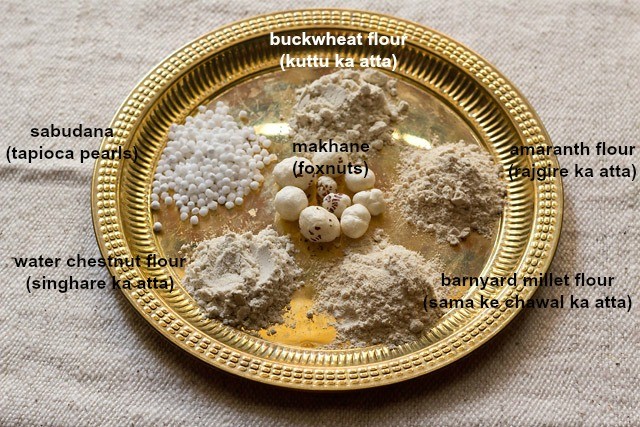
Fasting flours for vrat ka khana
- Singhare ka atta (water chestnut flour) – you can make singhare ki poori, paratha, pakoras, halwa. gluten free.
- Kuttu ka atta (buckwheat flour) – you can make paratha, pakoras, poori, halwa. gluten free.
- Rajgira ka atta (amaranth flour) and rajgira (amaranth) – you can make pooris, vrat ka halwa, paratha, kadhi and thalipeeth. Roasted rajgira can be had mixed with fruits, porridge and even ladoos. gluten free.
- Sama ke chawal ka atta (barnyard millet flour) – can be used to make vrat ke uttapam, idli, dosa, pooris. gluten free.
- Arrowroot flour or paniphal flour – used as a thickener and binding agent. gluten free.
- Sabudana flour or tapioca flour – flour made from tapioca pearls. Can be used to make sabudana dosa and idli.
Note: to know more about fasting food check this Navratri Vrat Rules post.
Related Culinary Posts:
This Indian Flour Name post from the archives first published in January 2015 has been updated and republished on January 2023.
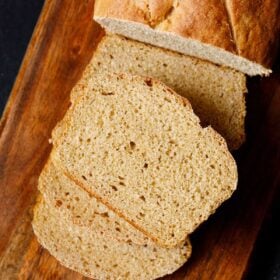
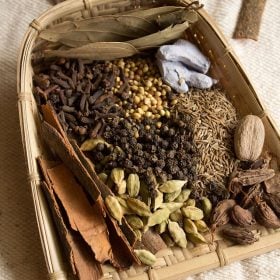
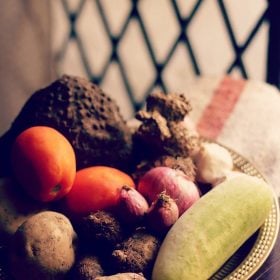
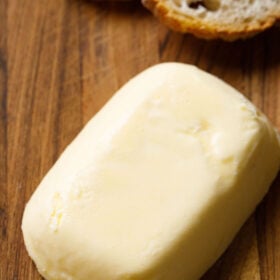








Very helpful
I came across this article first time and it gave me so much information. I am allergic to gluten and dairy and just learning my way how can i manage my eating. Thankyou so much for this.
Most welcome and thank you.
Very informative
Thanks.
Wow! So useful! thank you!
Most welcome.
Hi, one of my friend cannot have wheat flour. Which flour can I use to bake cake for her instead of maida or whole wheat.
You can use millet flour and also baking flours that are packaged and sold as gluten-free.
Rice flour, maize flour and corn starch should also be listed as gluten free I believe.
I’ve been learning a lot from your website, thanks a lot 🙂
Thanks. Yes, I need to rework on all these tables and make them structured.
I would like to try the gluten free chapatti from mixture of flours, any suggestion like I wasn’t try mixing almond flour, sabudana and quinoa flour. But I’m wondering it may turn out hard so would you suggest how I can be make them soft.
when using gluten free flours, there are two ways you can make the rotis soft.
1. first is to mix hot water in the flour. mix and keep aside. let the mixture become warm and then knead the dough. just add enough water that will bind the dough. later if required you can add some more warm water while kneading. when the dough cools completely, then make rotis with it.
2. other method is to add some starch like boiled & mashed potatoes or sweet potatoes in the rotis and then knead. you may not require to add any water as the moisture from the mashed potatoes can be enough to bind the dough.
i have shared both these method in various gluten free roti recipes. you can check them below:
1. jowar roti: https://www.vegrecipesofindia.com/jowar-roti-recipe-jowar-bhakri/
2. bajra roti: https://www.vegrecipesofindia.com/bajra-roti-bajra-bhakri/
3. buckwheat flour poori: https://www.vegrecipesofindia.com/kuttu-ki-poori-recipe/ (can also make rotis with this method)
4. buckwheat flour paratha: https://www.vegrecipesofindia.com/kuttu-ka-paratha-kuttu-ki-roti/
5. rajgira paratha: https://www.vegrecipesofindia.com/rajgira-paratha-recipe/
6. water chestnut flour poori: https://www.vegrecipesofindia.com/singhare-ki-poori/ (can also make roti)